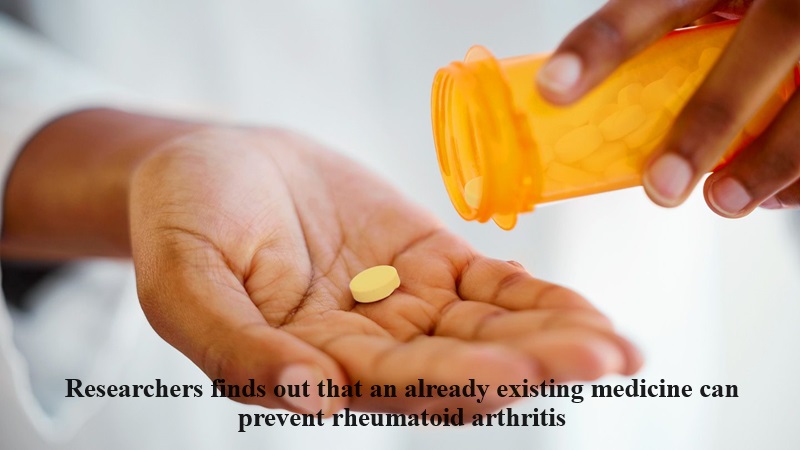
Researchers have discovered that an existing medication, when administered via injection, could potentially prevent rheumatoid arthritis (RA), providing a ray of hope for the millions worldwide vulnerable to this chronic inflammatory condition.
RA, which afflicts more than 18 million people globally, typically presents with joint pain and commonly emerges in middle age, often leading to complications affecting the lungs, heart, or neurological system.
The absence of a prophylactic, or preventive, treatment has posed a significant challenge in managing RA. In a recent clinical trial, scientists investigated the efficacy of abatacept, an established RA medication typically delivered via self-injections, in slowing or halting the progression of RA in individuals exhibiting early symptoms.
Published in the Lancet, the trial results were described as encouraging and potentially offering relief to those at risk of developing arthritis.
A team from King’s College London assessed abatacept, typically prescribed for patients already diagnosed with RA, to determine its suitability as a preventive measure. This medication targets the underlying inflammation and is administered either through weekly self-injections at home or via intravenous drips in hospitals.
Drawing participants from 28 arthritis clinics across the UK and the Netherlands, the trial involved 213 individuals exhibiting early signs of RA. Of these, 110 received abatacept, while the remaining participants were assigned to the placebo group. Results after 12 months revealed a 92.8% arthritis-free rate in the abatacept group compared to 69.2% in the placebo group.
After two years, 25% of the participants receiving abatacept progressed to RA, whereas 37% of those in the placebo group experienced similar progression.
Professor Andrew Cope of King’s College London expressed optimism, labeling this as the largest rheumatoid arthritis prevention trial to date. He emphasized that the medication not only prevented the onset of the disease but also alleviated symptoms such as pain and fatigue, offering potential relief to individuals at risk.

Post Your Comments